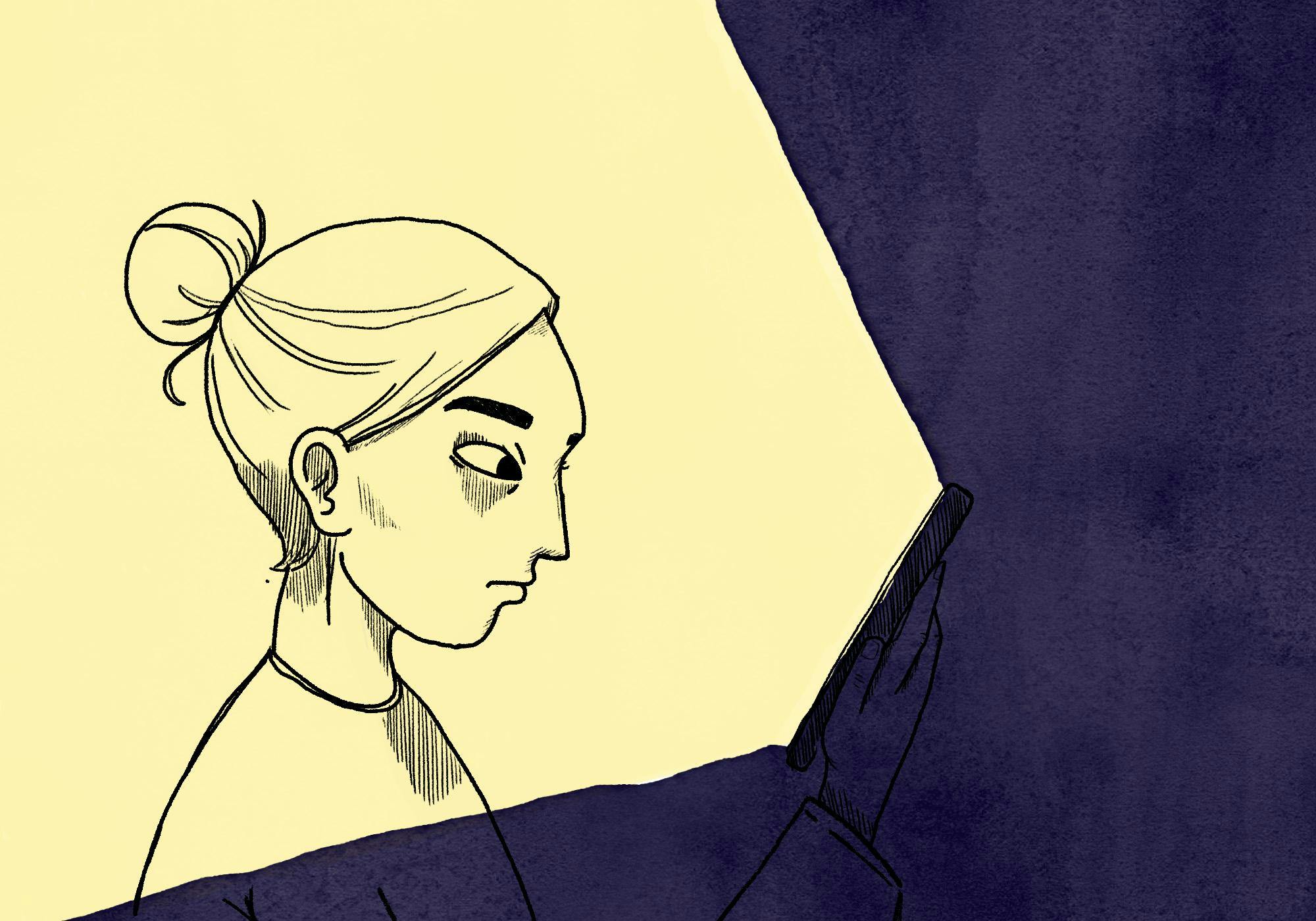For college students today, social media is as integral to their lives as textbooks and late-night study sessions. Platforms like Instagram, TikTok and X, formerly known as Twitter, provide instant connection, community and an outlet for self-expression.
Beneath the filters and viral dance trends, social media presents unique mental health challenges, especially for students navigating the high-pressure environment of academia. Constant exposure and overuse can alter self-image and self-perception.
"Although we know a lot of folks post the best versions of themselves, it can still be challenging to sort through some of those thoughts of comparison," Lauren Enty, mental health student coordinator with Michigan State University’s Health and Wellbeing CAPS program, said.
In an era of curated feeds and filtered snapshots, it’s easy for students to fall into the trap of comparison. Research from UC Davis Health (UCDH) highlights a strong link between social media use and self-esteem issues. The article explains how constant exposure to filtered and altered images can lead individuals to dislike their own appearance.
"With the rise of beauty and influencer culture, I did at one point feel bad about my skin care issues," women's and gender studies senior Madison Totty said.
With constant notifications and endless feeds, the effects on mental health can be severe. UCDH reports that excessive social media use is linked to higher rates of anxiety, depression and loneliness among young adults.
"Social media has become the standard for life, rather than reality setting that standard," psychology senior Darielle Kontcho said.
Although social media can be a platform for academic networking and support, it can also be a significant distraction. UCDH’s article highlights the effects of "FOMO" (Fear Of Missing Out), which can drive students to check social media continuously, often feeling left out.
Constant social media use can lead to dependency, especially within the confines of a college campus. This dependency may contribute to heightened social anxiety, causing students to avoid in-person interactions. Resulting in impaired social skills, decreased confidence in social settings, and, in some cases, lead to feelings of isolation.
"Social media can promote wellbeing and at the same time, the more consumption someone has the more lonelier people may become," Enty said.
Continuous social media use, especially when driven by FOMO, can greatly disrupt sleep and negatively impact mental health. The Sleep Foundation says that individuals with FOMO tend to check their social media before bed and even wake up in the night to do so. This habit not only interrupts sleep but also exposes them to blue light, which interferes with melatonin production, a hormone essential for regulating sleep. Difficulty falling and staying asleep can lead to sleep deprivation, which is closely linked to increased anxiety, depression and other mental health challenges.
While the effects of social media can be daunting, mental health specialists like Enty suggest students take proactive steps to manage their online habits.
"I have the mindset that social media is fake," Totty said.
As the academic year unfolds, college students across the country will continue to scroll, like and post. But by approaching social media with caution and intention, they may find a healthier way to navigate the digital world — one post at a time.
Support student media!
Please consider donating to The State News and help fund the future of journalism.
Discussion
Share and discuss “Social media exposure among college students impacts mental health” on social media.







